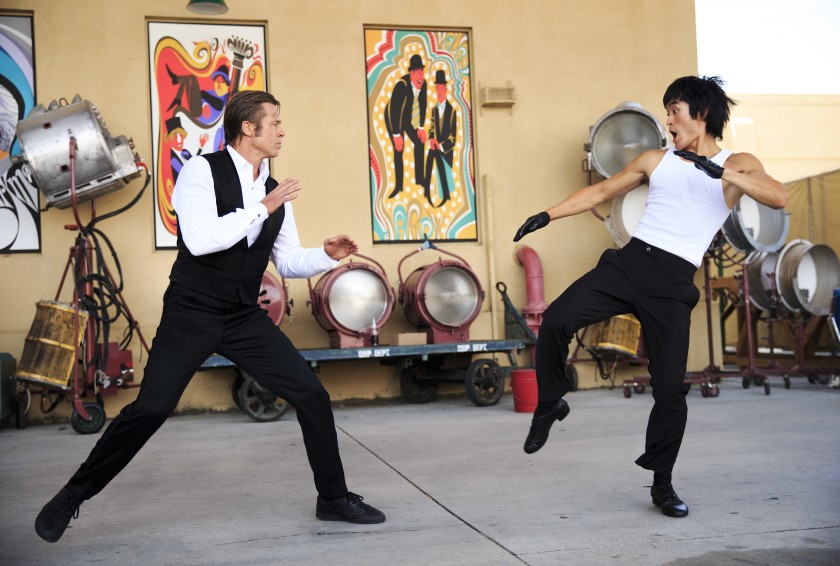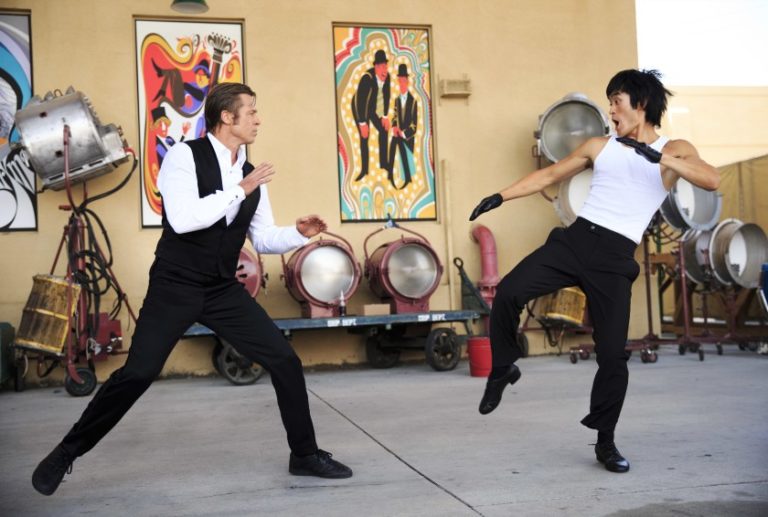 Photo Credit: Sony Pictures
Photo Credit: Sony Pictures
After weeks of silence, director Quentin Tarantino defended his controversial portrayal of Bruce Lee in his movie “Once Upon A Time…In Hollywood.” Unfortunately, Tarantino may have missed the whole point of the criticism he faced.
Set in the hippy Los Angeles in 1969, the film tells the fictional story of former TV star Rick Dalton (Leonardo DiCaprio) and his middle-aged stuntman Cliff Booth (Brad Pitt). In the rapidly changing Hollywood, Dalton and Booth cross paths with Sharon Tate (Margot Robbie), Steve McQueen, and Bruce Lee (Mike Moh).
Yet, in his only major scene, Bruce Lee is portrayed as an “arrogant a-hole who was full of hot air.” He calls his hands “registered lethal weapons” and brags about how he can make Muhammad Ali “a cripple.” Scoffed at by Cliff, the arrogant Lee proposes a fight, but is shockingly thrown into the side of a car.
The film’s depiction of Lee has sparked criticism and intense debates on the line between fictionalization and insult.
Last week, Tarantino responded to the controversy, claiming that:
“Bruce Lee was kind of an arrogant guy. I didn’t just make a lot of that up. I’ve heard him saying things like that, to that effect.”
[zombify_post]


0 Comments